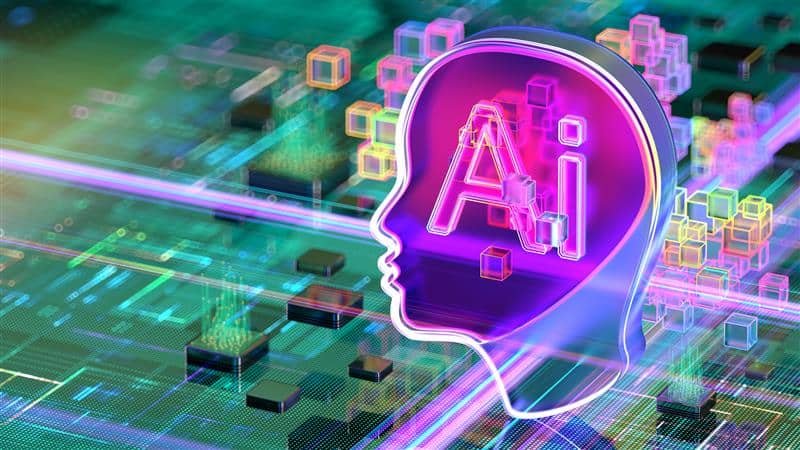In a significant address at Gitex Global 2025, Abdullah Bin Touq Al Marri, the UAE’s Minister of Economy, articulated a profound shift in the nation’s policy framework: “AI is a state of sovereignty. Like you spend budgets on defence, on cyber, you have to spend budget on AI. AI is a sovereignty for every single nation.” This assertion positions AI not merely as a technological tool but as a fundamental pillar of national strategy, on par with traditional sectors like defence and cybersecurity.
The UAE’s commitment to AI is evident in its integration across various facets of governance and infrastructure. The government has embedded AI into its diversification strategy, public services, and legal frameworks, aiming to build a robust non-oil economy. This approach reflects a forward-thinking model where technological advancement is intertwined with national development goals.
Economic Transformation Through AI
The UAE’s economic landscape has undergone a significant transformation, with non-oil sectors now comprising 77.3% of the economy, up from 69% five years ago. This shift is driven by growth in finance, manufacturing, and technology, sectors where AI plays a pivotal role. The International Monetary Fund (IMF) projects a 4.5% expansion in non-oil GDP this year, propelled by trade, logistics, and investment flows.
Al Marri attributes much of this progress to digital infrastructure, with AI enhancing productivity and efficiency. For instance, the Ministry of Economy has implemented an AI-driven trademark registration system that reduces processing time from days to seconds, exemplifying the tangible benefits of AI integration in public services.
FCRF Launches CCLP Program to Train India’s Next Generation of Cyber Law Practitioners
Cultivating Talent as a National Resource
Recognizing that human capital is essential for AI development, Al Marri has emphasized the importance of talent, referring to it as the “oil of the economy.” The UAE has expanded long-term visa schemes to attract professionals and researchers, and established the Mohammed bin Zayed University of Artificial Intelligence to train local specialists. According to LinkedIn’s 2024 Global AI Talent Report, the UAE now ranks among the top five markets globally for AI talent.
This focus on talent development is complemented by the UAE’s clean-energy initiatives. Data centers and computing infrastructure are increasingly powered by renewable and nuclear energy, with projects led by Masdar and the Emirates Nuclear Energy Corporation (ENEC) expected to supply most of the required capacity by 2030. Global partnerships with companies like Oracle, Siemens, Huawei, and Abu Dhabi-based G42 aim to expand the UAE’s AI capabilities while ensuring energy efficiency.
Navigating the Challenges of AI Integration
While AI presents opportunities for growth, it also introduces challenges, particularly concerning the job market. Al Marri acknowledges that AI will inevitably reshape employment landscapes but compares this transition to earlier industrial revolutions that improved efficiency and created new roles. He asserts, “What we used to do in the past might take many days; we might do it now in five minutes. Humans by nature will never stop.”
The more pressing concern, according to Al Marri, is the UAE’s internal readiness to support AI at scale. This includes developing systems, skills, and infrastructure to effectively integrate AI into various sectors. He views this as a race within the nation to align strategies and resources, ensuring that the UAE remains at the forefront of AI innovation and application.


